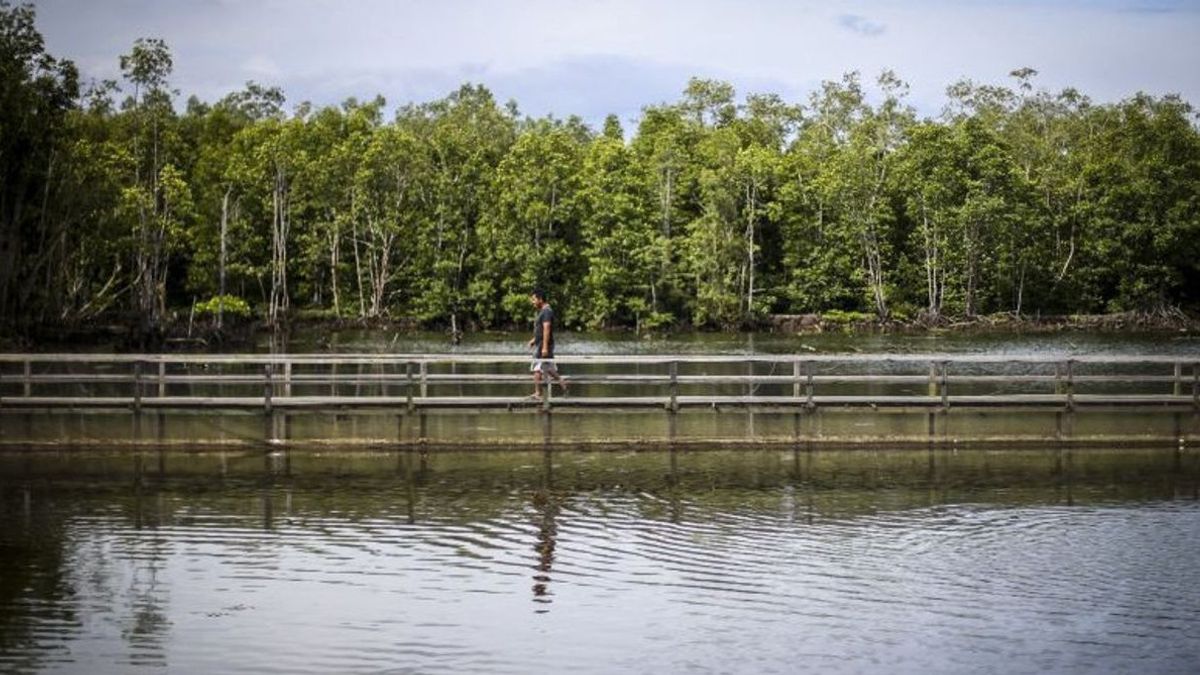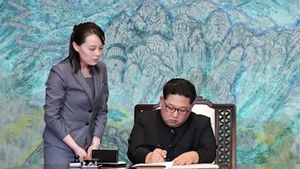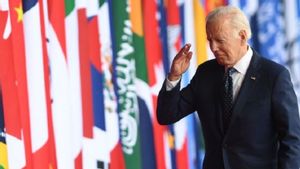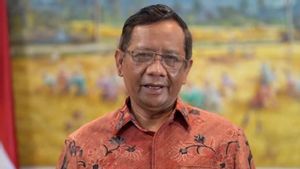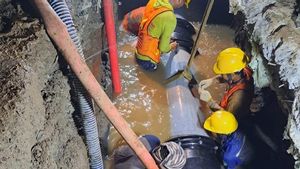JAKARTA - Secretary General of the Ministry of Environment and Forestry (KLHK), Bambang Hendroyono, stated that community involvement is very important in the success of the mangrove rehabilitation program in Indonesia.
"People, especially on the coast, really understand the mangrove habitat that has been used as their income and livelihood," he said as quoted by ANTARA, Saturday, July 29.
As the country with the widest mangrove ecosystem in the world, said Bambang, the government is paying serious attention to the mangrove ecosystem.
Indonesia is the owner of 23 percent or 3.36 million hectares of the world's mangrove area and has 43 types of tropical mangroves or represents 80 percent of the world's tropical mangroves.
Therefore, Indonesia has the highest variety of mangrove species in the world, where the largest spread is in the coastal areas of Sumatra, Kalimantan, Papua, and Java.
According to Bambang, the existence of multifunctional mangrove ecosystems is very important as a breeding ground and breeding of marine biota, provision of food, wood, fuel, and medicine.
"Mangroves also play an important role in reducing the impact of climate change, such as reducing the risk of extreme waves and weather, protecting beaches from abrasion and coastal erosion, inhibiting marine water intrusion and maintaining water quality from the threat of pollution," he said.
The mangrove ecosystem is capable of storing 800 tons to 1,200 tons of carbon reserves or four to five times the terrestrial forest. Mangroves store 80 percent of the soil caused by the slow process of decomposition of organic materials, because the mangrove ecosystem is always inundated in water.
"Given the huge benefits, it is hoped that the participation of all elements of the nation to work hand in hand will contribute to the rehabilitation and preservation of Indonesian mangrove forests," said Bambang.
SEE ALSO:
The Ministry of Environment and Forestry explained the role of all elements to contribute to the compactification of basic policies, operational policies, including in the implementation of mangrove rehabilitation.
All parties are asked to continue to maintain the existing mangrove ecosystem by planting sustainably so that natural balance and biodiversity can continue for the current generation to future generations.
"Mangroves as a natural heritage that is very extraordinary in providing great responsibility for Indonesia to preserve it, both the central government, provincial governments, local governments, business world, and society," said Bambang.
The English, Chinese, Japanese, Arabic, and French versions are automatically generated by the AI. So there may still be inaccuracies in translating, please always see Indonesian as our main language. (system supported by DigitalSiber.id)
